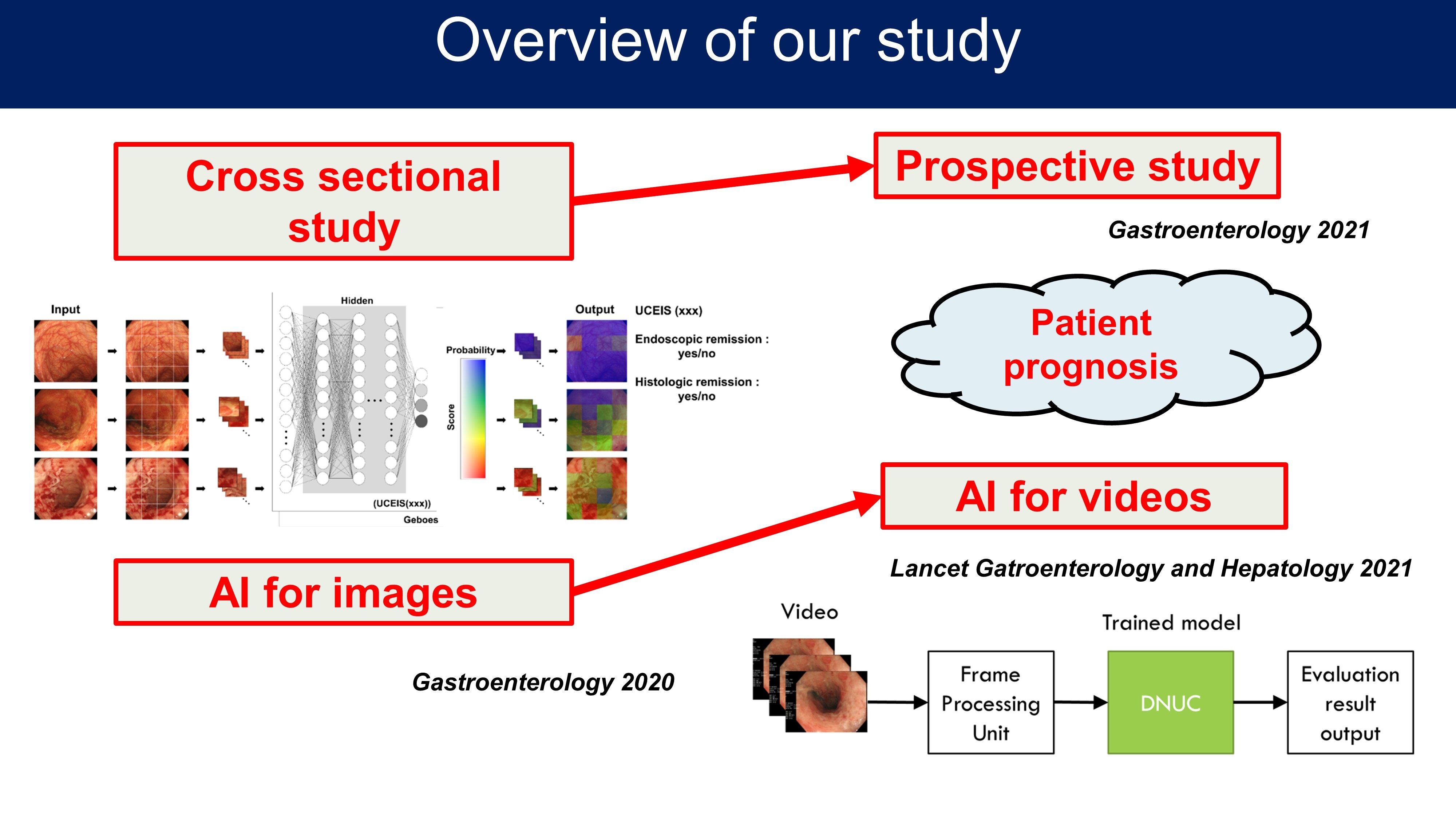New AI System Provides the Consistent Endoscopic evaluation
Researchers at Tokyo Medical and Dental University (TMDU) develop an artificial intelligence system for detecting and characterizing disease conditions using real-time clinical video imaging, reducing the need for expensive and invasive biopsies
When visiting a doctor, many patients prefer non-invasive procedures over invasive and potentially painful ones. Fortunately, researchers at Tokyo Medical and Dental University (TMDU) have developed a tool that can reduce the need for invasive diagnostic procedures in ulcerative colitis.
Both endoscopic and histologic assessments are important in diagnosing various diseases. In an endoscopic assessment, a long flexible tube with a light and a camera is directly inserted into a patient’s body to assess a particular organ or tissue. For a histological assessment, a biopsy, i.e., a sample of tissue from the patient’s body, is extracted and tested outside the body. With an aim to prevent unnecessary biopsies and improve medical diagnoses, researchers at TMDU previously developed a deep neural network system called DNUC to assess ulcerative colitis, a chronic disease occurring in the large intestine characterized by chronic inflammation in the lining of the colon. Without requiring biopsies, this artificial intelligence tool can evaluate images of tissues to identify and quantify areas of inflammation and disease.
In their latest study, the team extended the application of DNUC from still images to live colonoscopy videos of patients with ulcerative colitis. A total of 770 patients were included in the prospective, multicenter study. The researchers demonstrated that DNUC can determine the presence or absence of inflammation in real time, with a high rate of agreement between the DNUC results and expert diagnoses. DNUC was also able to predict cases of remission with a high level of accuracy.
“We confirmed that DNUC can automatically identify areas of inflammation and provide an endoscopic score for those areas,” says study lead author Kento Takenaka. The scores obtained by DNUC were compared with scores assigned by an expert and showed a high level of agreement, confirming the accuracy of the DNUC algorithm.
This artificial intelligence tool can provide many benefits to the medical field. “The use of DNUC can reduce the need for biopsies, thus saving time and costs for both patients and doctors,” says Mamoru Watanabe, senior author of the study. The DNUC system also has the potential to evaluate images and video footage more quickly than a physician. Moreover, endoscopy requires training and interpretations of endoscopic results can be subjective, varying for each endoscopist. DNUC can allow for more quantitative standards in evaluations, addressing these current issues regarding variability and bias in medical diagnoses.
This system can be applied to commercially available colonoscopy platforms, thus facilitating its adoption in clinical practice. DNUC could also facilitate the training of junior gastroenterologists. Overall, this work highlights the potential for artificial intelligence to improve current medical care.

First, we conducted cross-sectional study to create AI system for endoscopic images in ulcerative colitis. Then, we conducted prospective study to evaluate whether AI system could predict patient prognosis. Finally, we applied our AI system to video-colonoscopy.
###
The article “Deep neural network for video colonoscopy of ulcerative colitis; a cross-sectional study” was published in The Lancet Gastroenterology & Hepatology at DOI: https://doi.org/10.1016/S2468-1253(21)00372-1.
Summary
Journal Article
TITLE:Deep neural network for video colonoscopy of ulcerative colitis: a cross-sectional study
DOI:https://doi.org/10.1016/S2468-1253(21)00372-1

